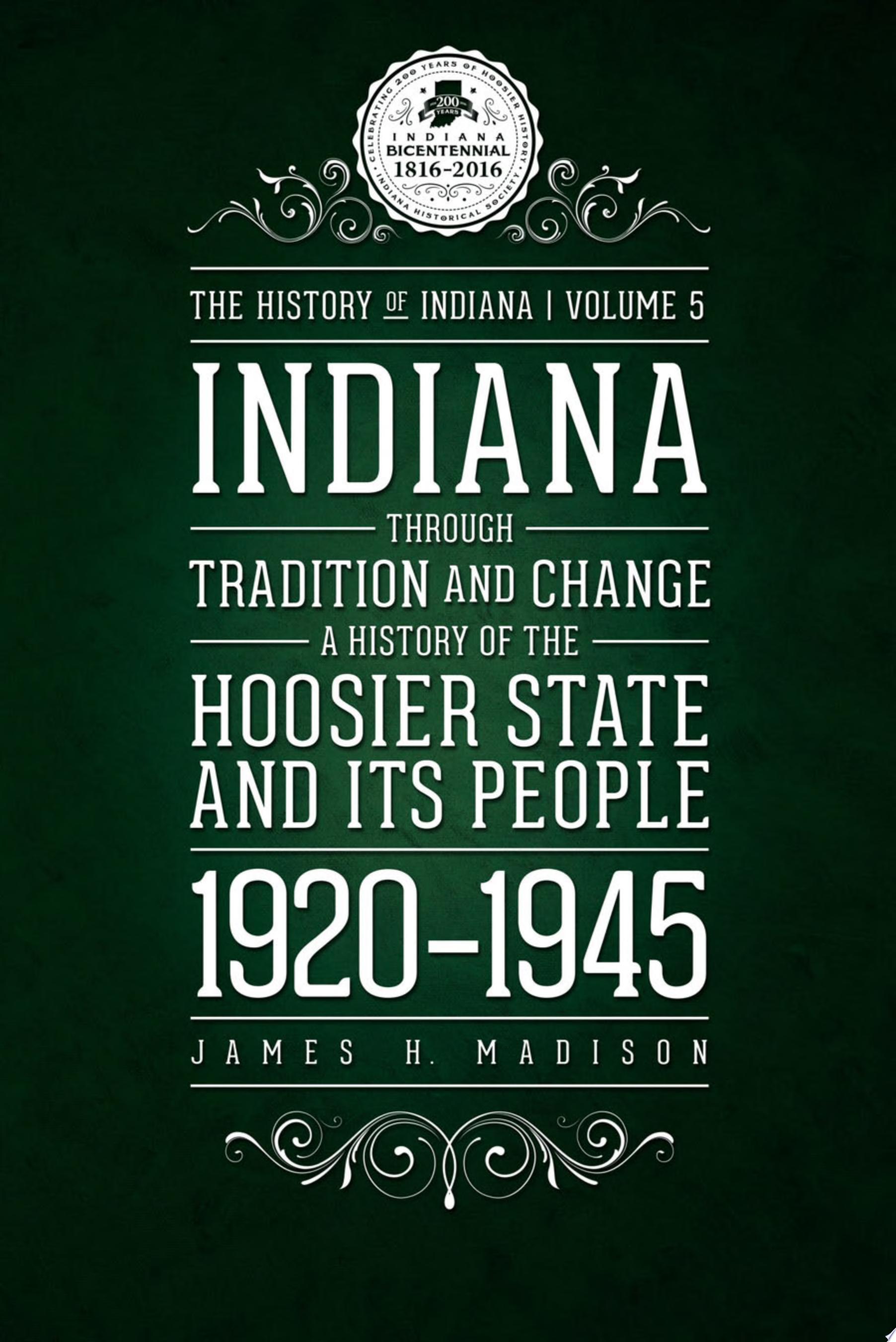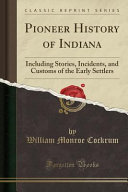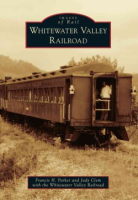Excerpt from Pioneer History of Indiana: Including Stories, Incidents, and Customs of the Early Settlers
In this volume many of the early happenings that occurred during the settling of Indiana are given for the first time and if this opportunity were not improved, a large amount of interesting history of our state would be lost.
The writer claims no special credit for securing this history as it has been a pleasing task, self assigned. If the reader shall gain as much satisfaction from reading this volume as the author has from gathering the data from which to compile it, he will be amply repaid for the few hours he is so engaged.
It is very gratifying to be able to go back to the settling of Indiana and tell about the brave men and women who first invaded its wildness and from whom sprang the hardy and superior race of people in all stations of life that now live within its confines.
For fifty years the data for this volume has been collecting: From personal acquaintance with the pioneers, from a history of incidents transmitted from parents to children and from tradition that is accepted as reliable.
From the above three sources it is believed that the truest history of the people of that early date, their manners and customs, the dangers they encountered from the Indians, the hunting for game and the many terrible encounters with savage beasts, has been secured.
In submitting this work to the public the author wishes here to acknowledge his indebtedness to those who aided him in his researches and made the existence of this volume possible. These favors have come from all parts of the country - from historical societies, public libraries and men in official positions. The names of those giving the most valued assistance is hereby given.
About the Publisher
Forgotten Books publishes hundreds of thousands of rare and classic books. Find more at www.forgottenbooks.com
This book is a reproduction of an important historical work. Forgotten Books uses state-of-the-art technology to digitally reconstruct the work, preserving the original format whilst repairing imperfections present in the aged copy. In rare cases, an imperfection in the original, such as a blemish or missing page, may be replicated in our edition. We do, however, repair the vast majority of imperfections successfully; any imperfections that remain are intentionally left to preserve the state of such historical works.



